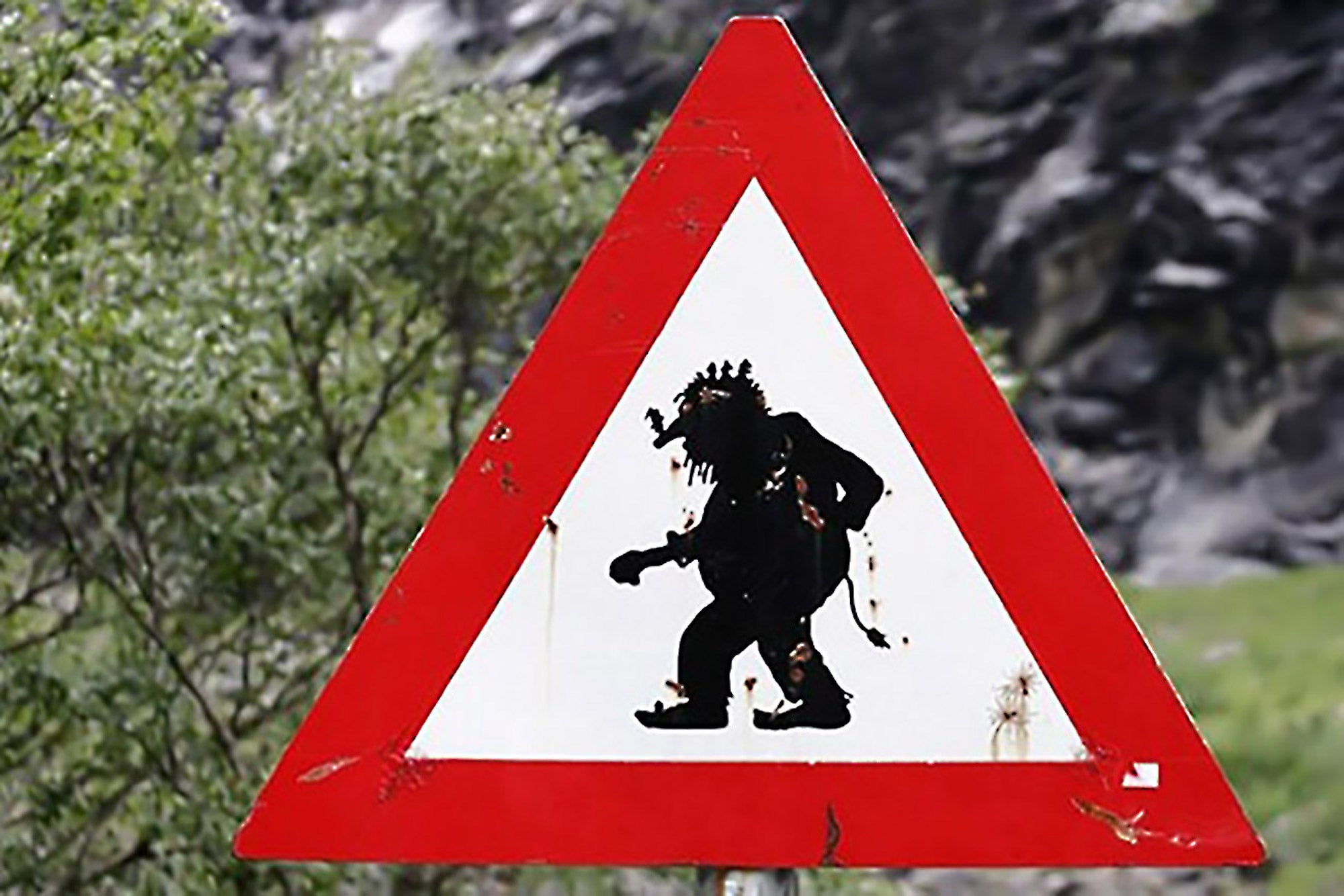More Bad News for Patent Trolls On Monday, both the Supreme Court and New York State took a crack at trolling.
By Laura Entis
Opinions expressed by Entrepreneur contributors are their own.

Patent trolls have been in the news - and in the courtroom - an unprecedented amount as of late. Yesterday was no different, with two court cases casting distinct shadows over the future of patent trolling.
In New York, Attorney General Eric T. Schneiderman reached a civil settlement with notorious Delaware patent firm MPHJ Technology Investments LLC, blocking it from using deceptive tactics to target New York businesses.
MPHJ, which owns patents relating to the process of scanning and emailing documents, sent more than 1,000 letters to small and medium-sized New York businesses threatening litigation, Schneiderman's office told The Wall Street Journal. This is not MPHJ's first time in court. Back in May, it became the first-ever defendant of a government lawsuit against a patent troll, when Vermont Attorney General William Sorrell sued the non-practicing entity for engaging in "unfair and deceptive acts by sending a series of letters to small business owners and nonprofits in Vermont."
Related: Angry Business Owner Wages War on 'Troll'
The civil settlement bars MPHJ from making a range of patent demands. While the settlement is specific to MPHJ, the agreement's terms could also be applied to other trolls operating in the state.
Schneiderman's successful settlement comes on the heels of a flurry of recent legislation aimed at curtailing patent trolls, culminating in the Innovation Act (passed last month in the House of Representatives, currently awaiting a hearing by the Senate) that would require non-practicing entities to disclose more information in patent cases and shift legal costs to the losing party, with the aim of handicapping hyper-litigious patent lawyers.
And over in Washington, D.C. the Supreme Court refused to hear an appeal from another alleged patent troll, Soverain Software, of a lower court ruling that its technology was too general to qualify for patent protection.
Both of these cases will hopefully curb patent trolls from being excessively litigious.
Related: The FTC Recommends Sweeping Investigations of Patent Trolls
For those that don't know, patent trolls, or non-practicing entities, are in the business of accumulating patents they have no intention of using. Either they scoop up rights to a large number of soon-to-expire patents or they develop broadly-worded patents. Their only source of revenue often comes from collecting licensing fees from accused infringers, typically small or medium-sized business that lack the financial resources to fight back in court.
Originally patent laws were written to protect inventors. During the tech explosion in the late '90s, however, while some inventors placed specific parameters on patents, others created ones that were very broad and often extremely nebulous. For instance, the United States Patent and Trademark office has awarded a patent that covers the "interactive web." These fuzzy patents have proved staggeringly costly, with much of the weight falling on small businesses.
According to a 2012 research paper in the Cornell Law Review, patent trolls cost small companies about $11 billion in 2011.
Related: House Passes Anti-Patent Troll Bill, Sends to Senate











